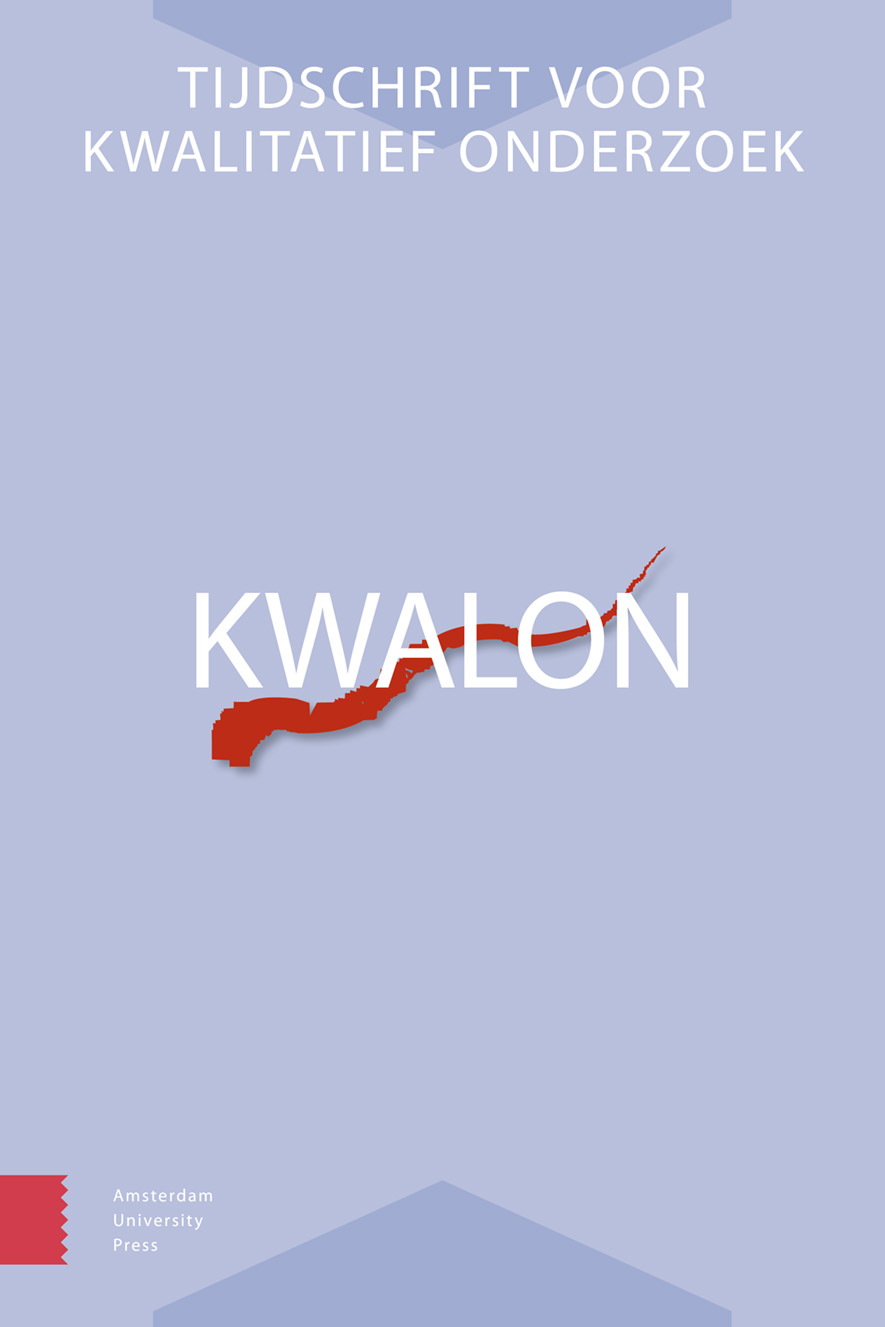-
oa Undercover etnografie en daderonderzoek in Syrië
- Amsterdam University Press
- Source: KWALON, Volume 26, Issue 3, Nov 2021,
Abstract
Abstract
Undercover ethnography and perpetrator research in Syria
Research on perpetrators of mass violence in authoritarian contexts is beset by a number of challenges, most importantly the difficulty of managing subject positionality and transparency. For my research on Syrian perpetrators I resorted to the method of undercover ethnography in order not to jeopardize myself and my interviewees, and to circumvent the double prohibitive contexts of the secrecy of the topic, and the censorship of the Syrian government.
© Uğur Ümit Üngör


